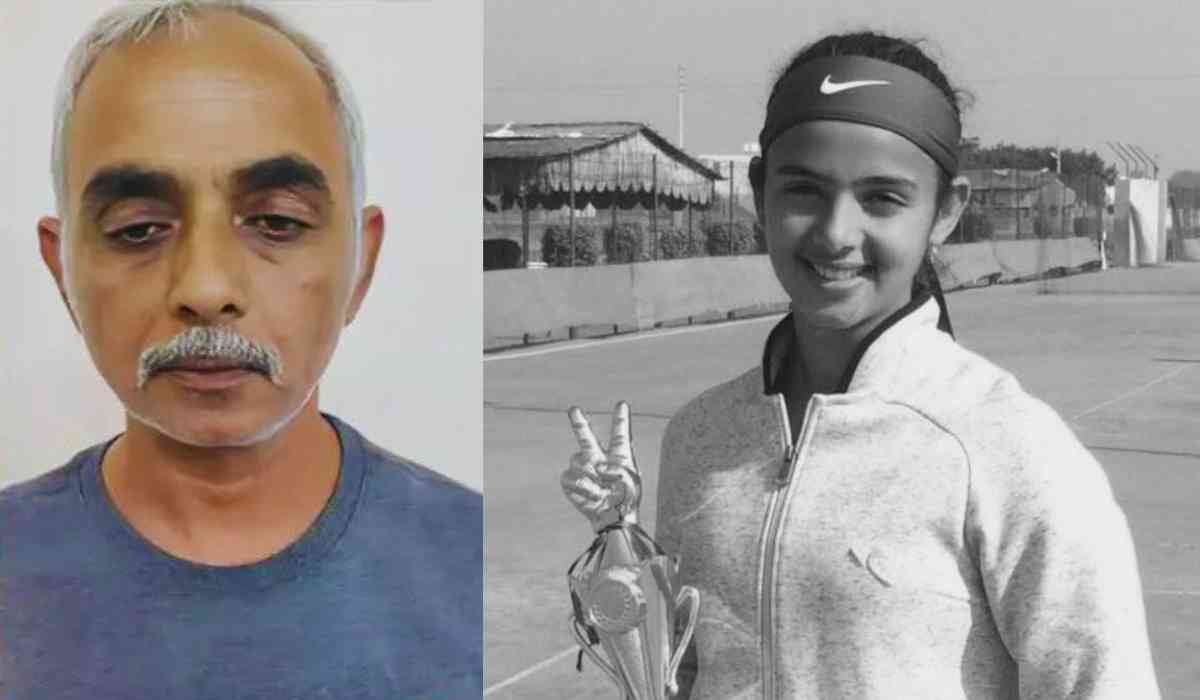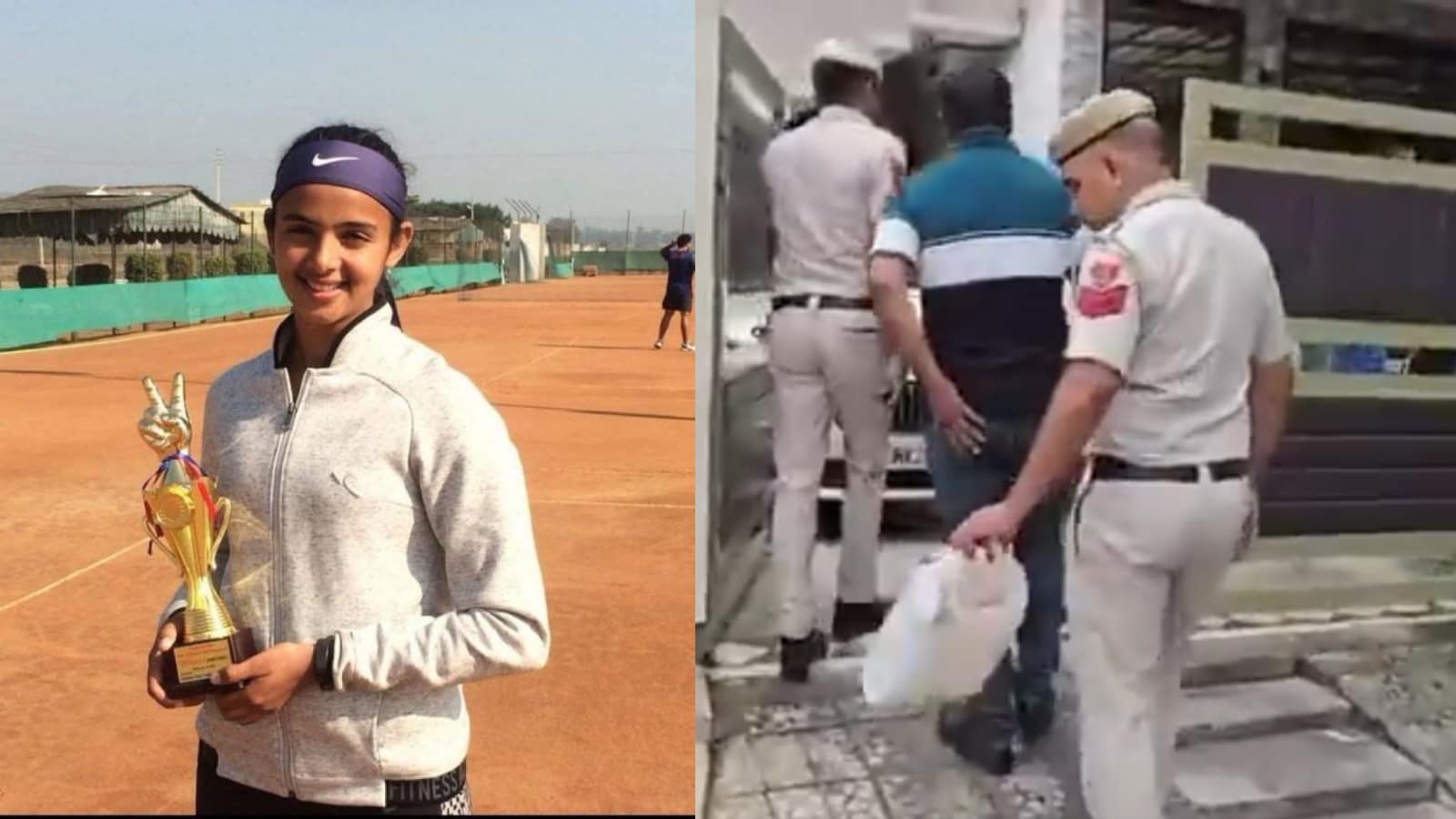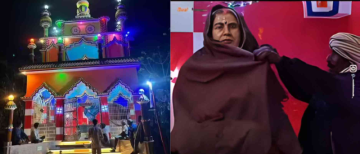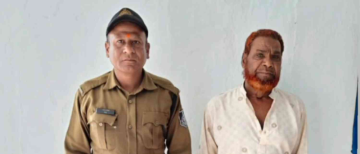On July 10, 2025, 25‑year‑old Radhika Yadav—a promising tennis player and academy coach from Gurugram—was shot dead in her home. Police say her father, Deepak Yadav (49), used his licensed .32‑caliber revolver in the kitchen, firing five shots, three of which struck her in the back. Despite efforts by her brother and neighbors, Radhika died at a hospital.
Who was Radhika?
Born on March 23, 2000, she reached state and junior‑international levels, even ranking #113 in ITF women's doubles. After a shoulder injury, she founded a tennis academy in Gurugram, where she coached aspiring players.
The Motive: Conflict Over Income & Independence
Resentment over financial dependence: Deepak confessed that villagers mocked him for “living off his daughter’s income” after Radhika’s academy became successful. He repeatedly asked her to close it, but she refused, deepening his feelings of humiliation.
Social media and a music video: Early reports speculated that Instagram Reels or a music video appearance triggered his anger. However, police clarified the central issue lay in the academy dispute and his bruised ego—not her online presence.
Psychological & Sociological Analysis
-
Ego and patriarchal expectations: Deepak’s hurt pride reflects patriarchal norms that expect male dominance and financial provision, making his daughter’s success feel threatening to his identity. Some experts describe this as “patriarchal rage” .
-
Mental health stress: Investigators noted he appeared depressed in the weeks before the murder, burdened by social ridicule. Intense shame, if unaddressed, can distort perceptions and lead to violent outbursts.
-
Honor-based violence: Although not labeled an honor killing by police, the dynamic is similar: Deepak sought to “restore” his dignity against perceived insults about dependence or family honor—a motive rooted in social sanction.
-
Control vs. empowerment: Radhika's growing autonomy and ability to succeed financially may have triggered a psychological crisis for her father, who may have felt losing control over traditional family roles.
Broader Context & Public Reaction
-
Societal shock: The sports community and local residents are mourning. She was seen as polite, hardworking, and talented. Her death sparked debates in India about domestic violence, mental health stigma, and the pressure placed on men by patriarchal expectations .
-
Legal proceedings: An FIR was filed by her brother, and Deepak is charged under Indian penal and arms laws. Police are examining all angles, including family tensions and his mental state.
This tragedy helps us understand how strong feelings like pride, anger, or fear can sometimes hurt families. When someone we love earns money or becomes independent, they may uplift the whole family. But if others feel embarrassed or threatened, they might react badly and unfairly—like what happened here.
It’s also a reminder that we should talk about our feelings, ask for help, and respect each other's success. Everyone deserves to follow their dreams—and feeling upset shouldn’t give anyone the right to hurt another.
Final Thoughts
-
The incident is not just a crime—it’s a story of broken trust, cultural expectations, and mental strain.
-
Radhika’s death highlights the need for mental health awareness, family counseling, and tackling harmful gender norms.
-
In remembering her, we should support young people—girls and boys—in safely pursuing their passions and independence.
With inputs from agencies
Image Source: Multiple agencies
© Copyright 2025. All Rights Reserved Powered by Vygr Media.

























